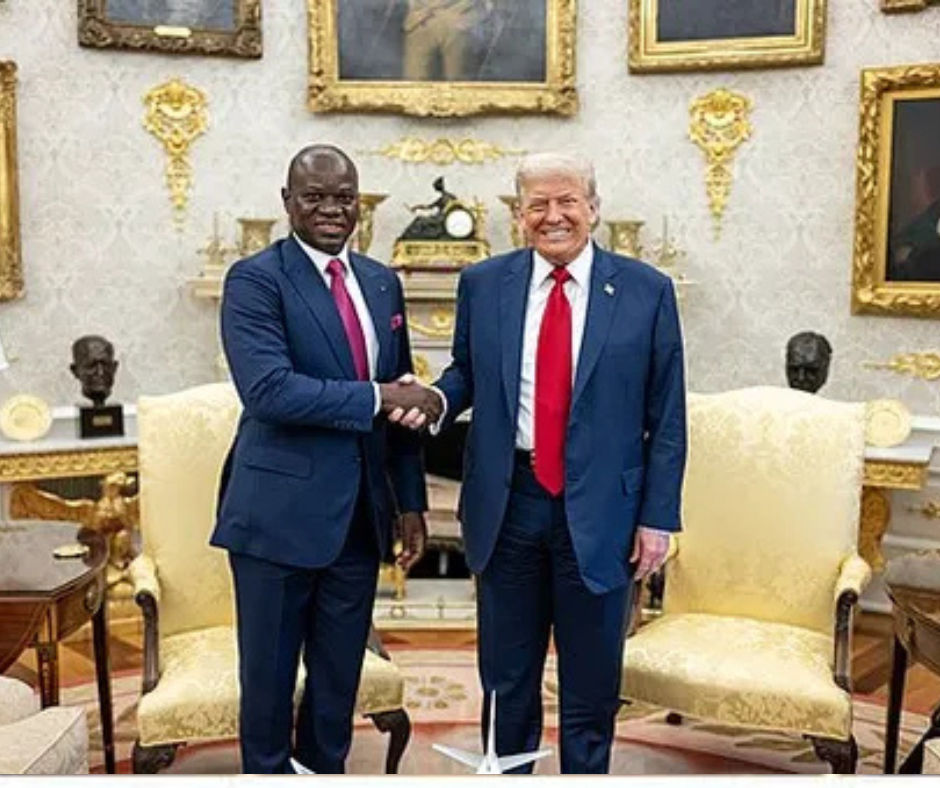
The recent decision by the United States to extend tariffs on a range of Indian exports is causing a quiet but noticeable shift in the global trade conversation. While the move doesn’t come as a complete surprise, its ripple effects are starting to be felt across sectors like apparel, electronics, agriculture, and pharmaceuticals.
For many Indian exporters, the tariff extension means tighter margins and a renewed focus on alternative markets. It’s not just about the cost — it’s about long-term relationships and reliability in trade partnerships. Meanwhile, US-based businesses that rely on Indian imports are now reconsidering their sourcing strategies, weighing cost against quality and supply chain stability.
This change is part of a broader trend where global supply chains are becoming more dynamic and less dependent on any single country. Companies are increasingly exploring new regions for production and trade, from Southeast Asia to parts of Africa. But these transitions take time, and not every sector can pivot easily.
The impact on everyday consumers may not be immediate, but over time, price adjustments could be seen in everything from clothing to over-the-counter medications. In the background, trade analysts and policymakers are watching closely, trying to balance economic goals with geopolitical strategy.
As India and the US continue their trade dialogue, many in the industry are hoping for a resolution that supports long-term stability. Until then, businesses on both sides are adapting — quietly but decisively.